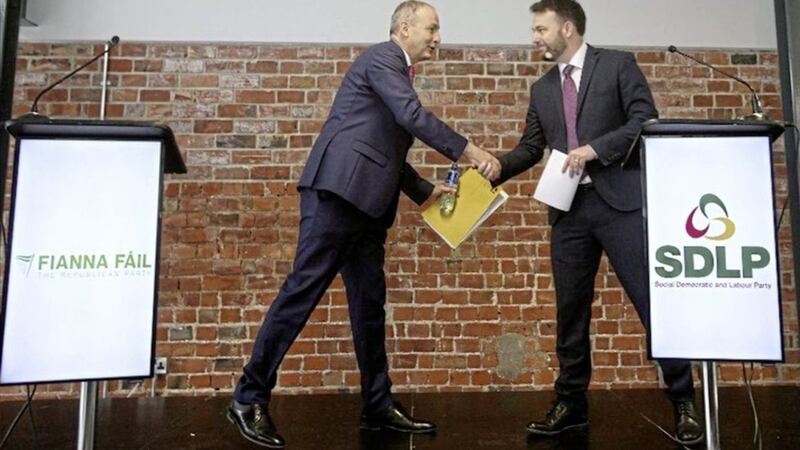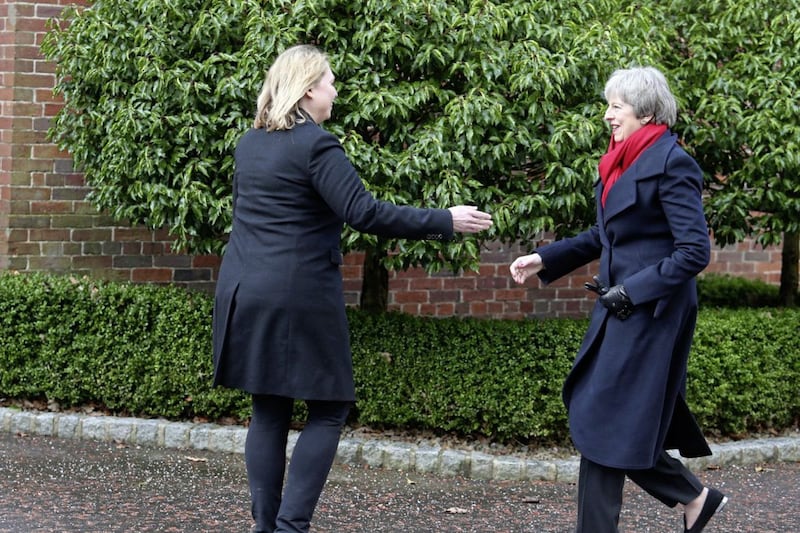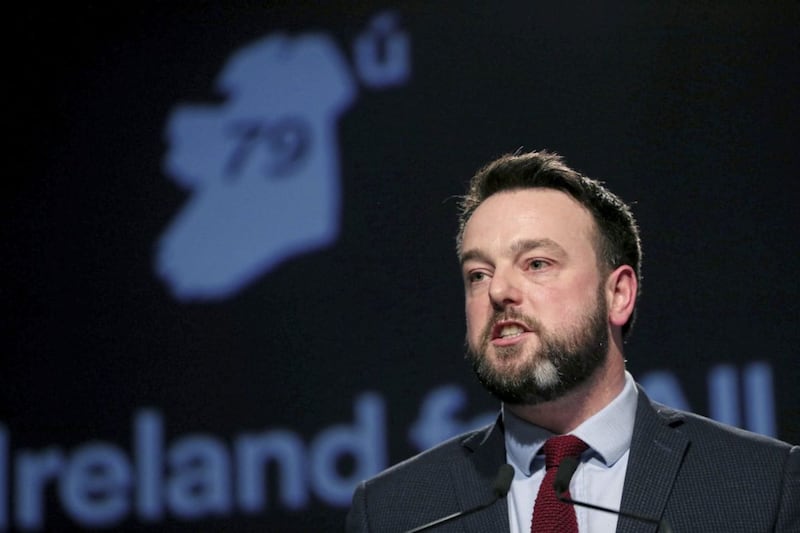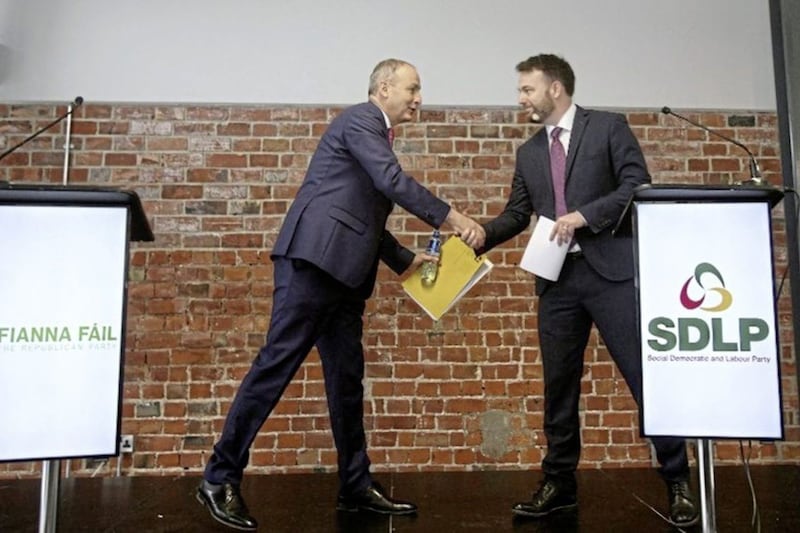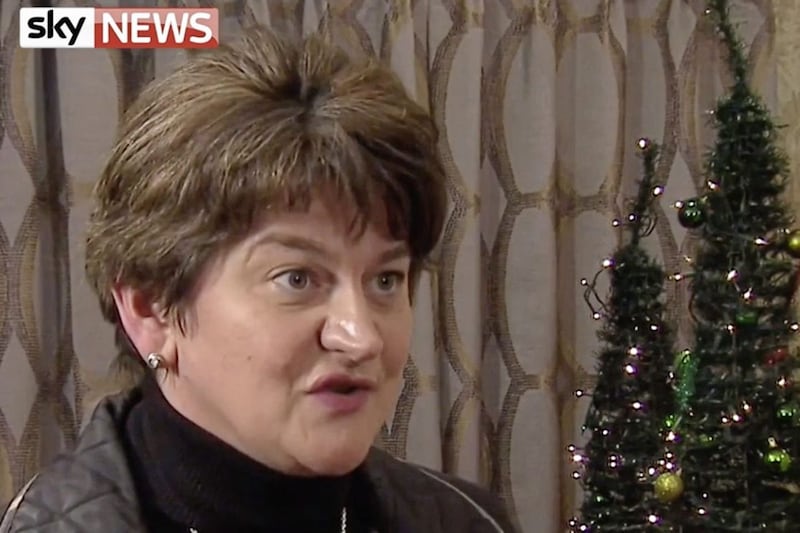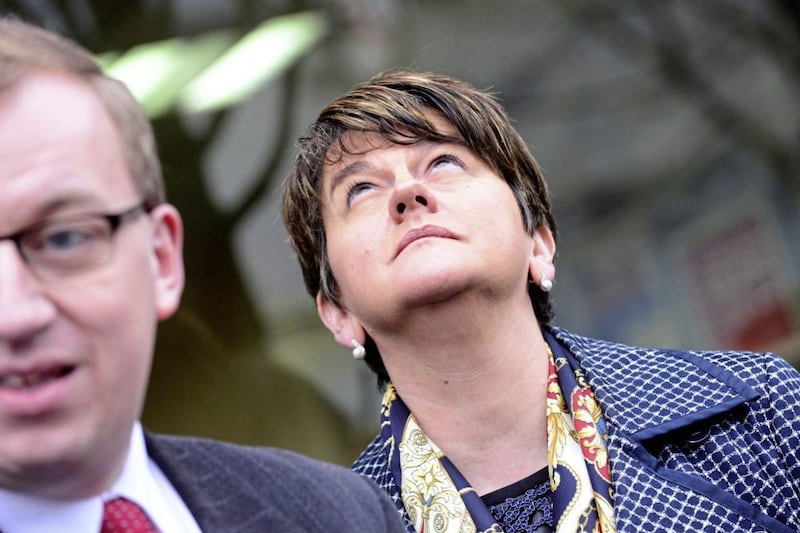ON these pages a few years ago, Patrick Murphy described the SDLP as a comfort zone, not a political party.
The last 20 years have not been kind to the party of John Hume’s “agreed Ireland”. After the St Andrews Agreement, it has struggled to find relevance with voters.
Much of the criticism of Colum Eastwood’s new partnership deal that should see his party align its policy with Fianna Fáil has come from those who figured prominently in its long, dismal march of decline from power and influence to political irrelevance.
Rock bottom came in 2014 when Gerry Adams taunted the SDLP’s European candidate Alban Maginness on live TV, saying that he didn’t trust the SDLP enough to tell Sinn Féin voters to transfer second preferences to him, effectively sacrificing a second seat for nationalism.
Since then Sinn Féin has taken two of the SDLP’s Westminster seats and helped to deliver a third directly into the hands of the DUP.
Sinn Féin has a political demolition plan but it is one which largely features the utter destruction of its nationalist rivals rather than unionism.
Alban seems to have learnt little from that public bashing nearly five years ago. He recently argued that the party must “stand firmly on its own two feet and remain true to its non-sectarian, social democratic ethos and exercise its historic role as a political catalyst and healer”.
The truth is that you cannot be a catalyst if you lose elections. Repeating the patterns of the past may be comforting, but it only ensures the decline continues.
Ordinary nationalists no longer know what it stands for. Unionists are confused by its zig-zagging messages.
Lyndon B Johnson once said that the first rule of politics is to be able to count. In 1998 the SDLP gained 177,963 votes, giving it nearly 6,000 more than any other party. By the time of the ‘crocodile’ election two years ago it had dwindled to 95,958 votes.
He may have been a war monger and an irascible old goat, but President Johnson also delivered a slew of reforms in voting, fair housing, and higher education that transformed the US. In other words he had a clear moral focus on transforming the lives of its citizens.
I sympathise with the misgivings of many on the left of the party about hooking up with a centrist Fianna Fáil, but with respect to those who cite social democratic values as a reason not to go ahead, where is the hard practical evidence of any of those values working out in practice?
For almost a century Fianna Fáil has dominated southern politics, not through ideology but through pragmatic forms of state building.
From DeValera through Haughey and now Martin it focuses obsessively on policy as the prime means of connecting with the needs of voters.
Harold Wilson once said of the British Labour party that it was either a moral crusade or it was nothing. The SDLP has to stand for something more than the endless streams of lukewarm waffle that has baffled and bewildered even those who still loyally turn out to vote for it.
In the parable of the talents, the SDLP are the ones who took the talent they were given and buried it in the ground. An all-pervading fear of a diminishing future has seen the party's fortunes decline to the point where it holds no seats in west Belfast, where once it had an MP.
And Alban is wrong about one other thing. Unionists are far from fearful of this link up with Fianna Fáil.
In fact, in marked contrast with 20 years ago, they are desperate for a partnership with some who will work with them to bring Hume’s ‘agreed Ireland’ to fruition.
:: Mick Fealty is the founding editor of sluggerotoole.com.
